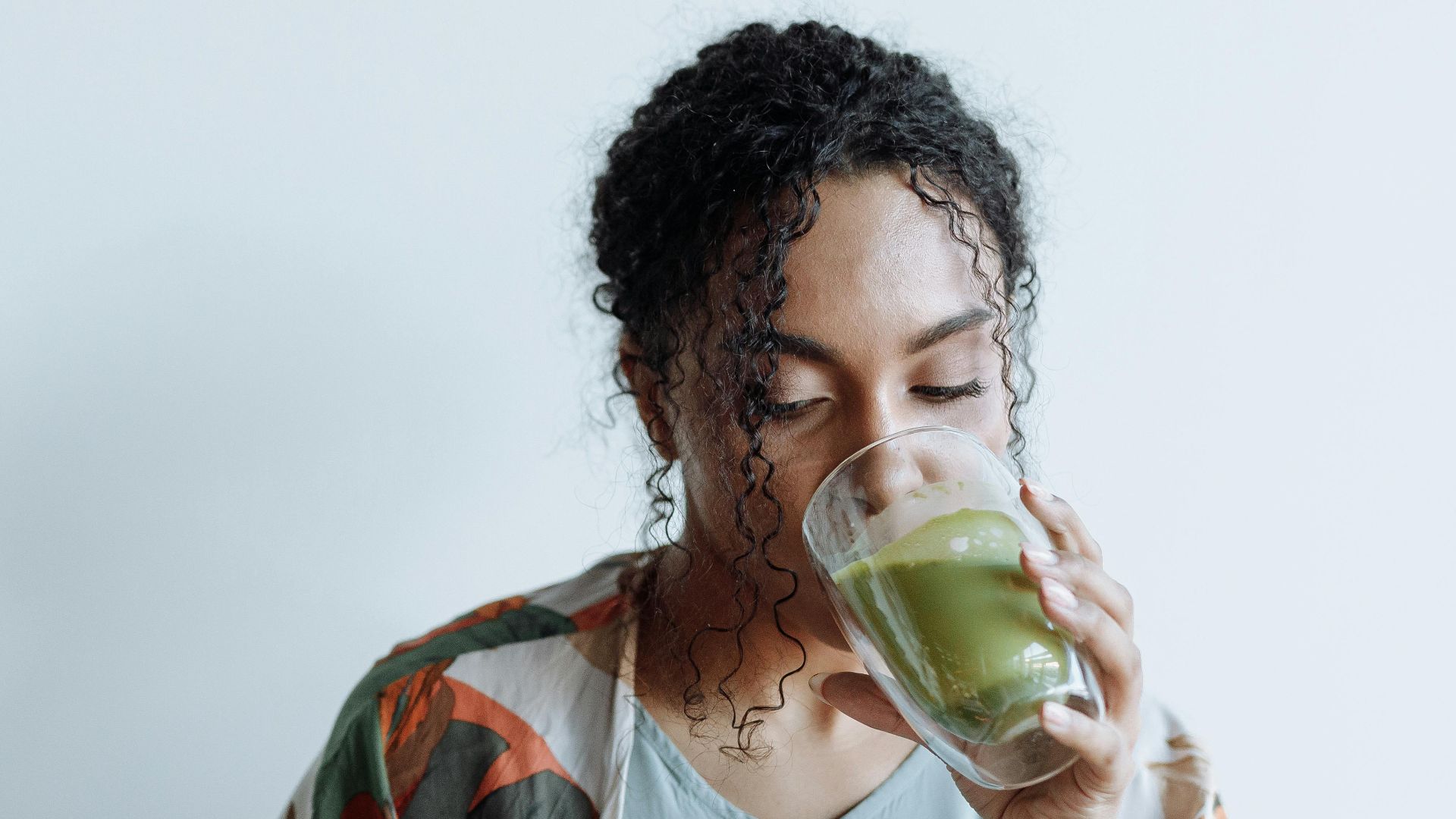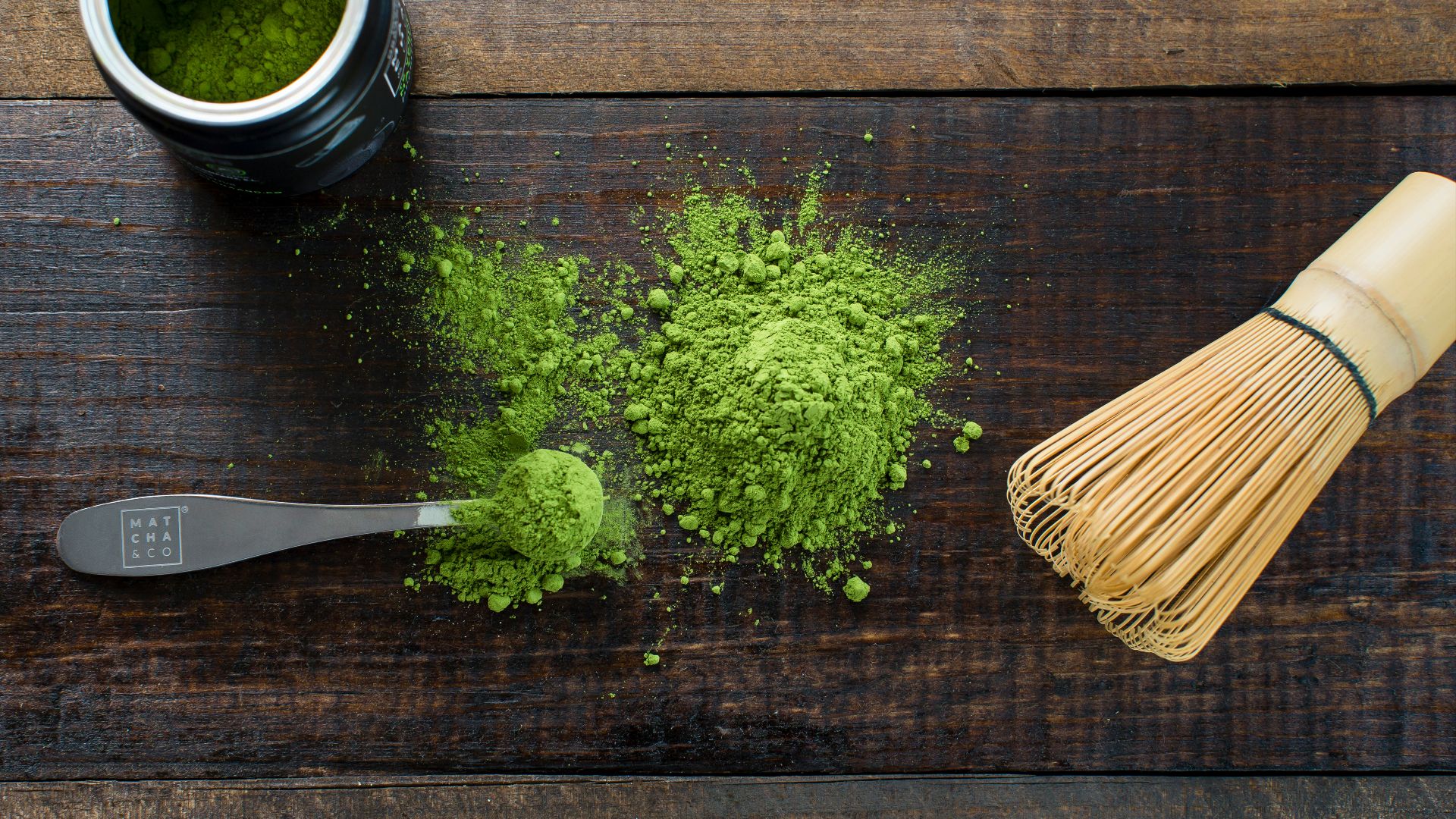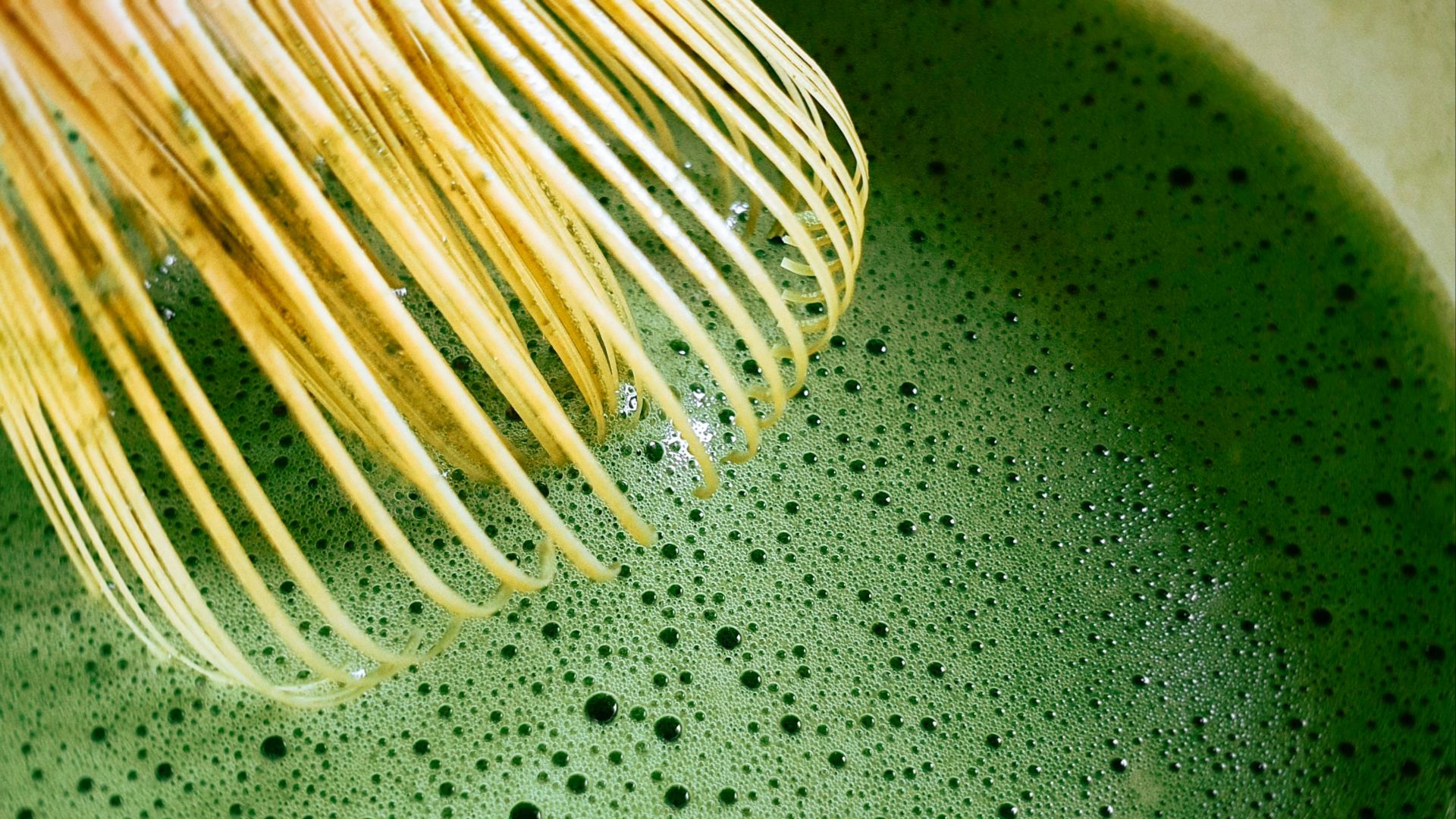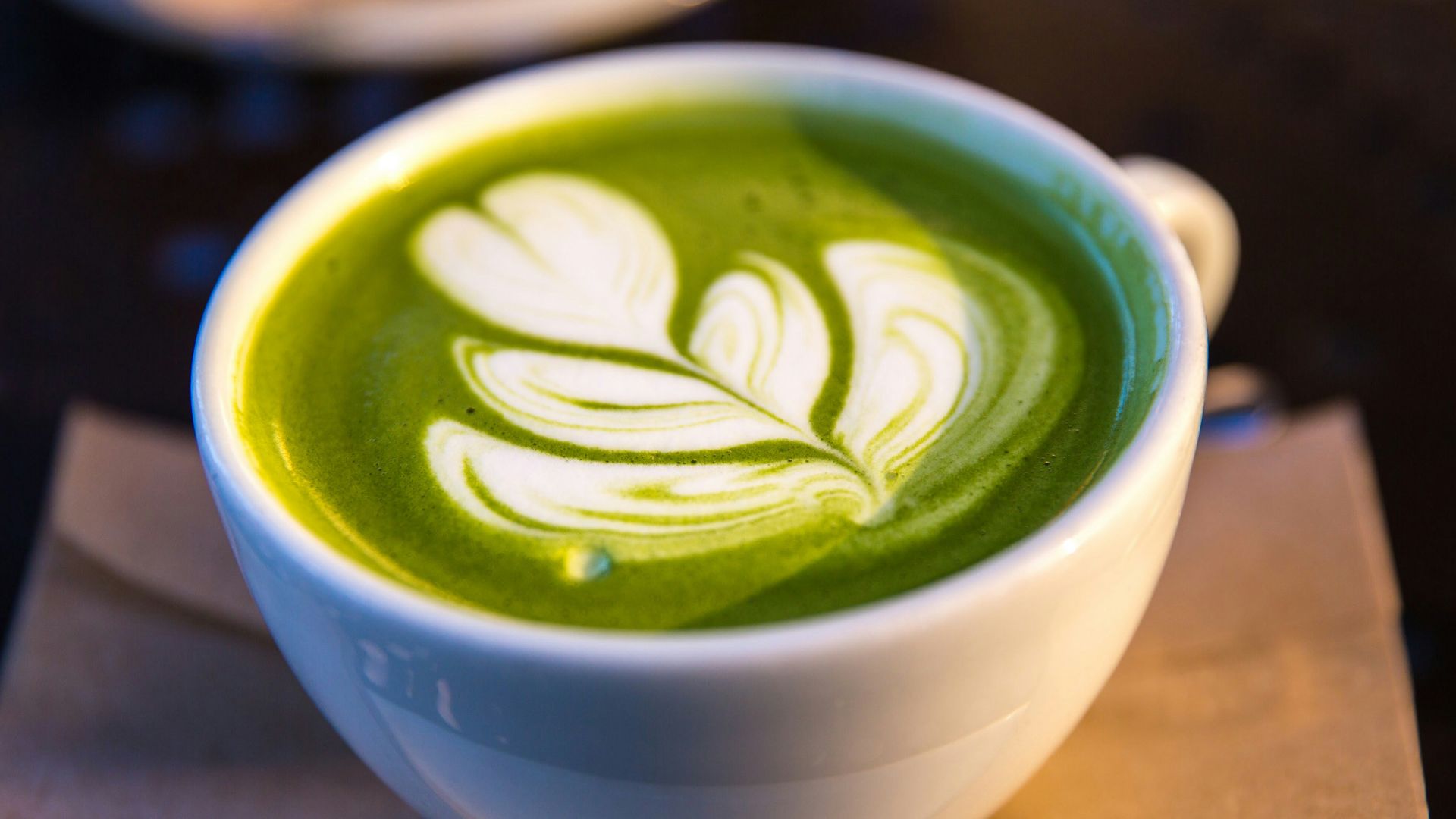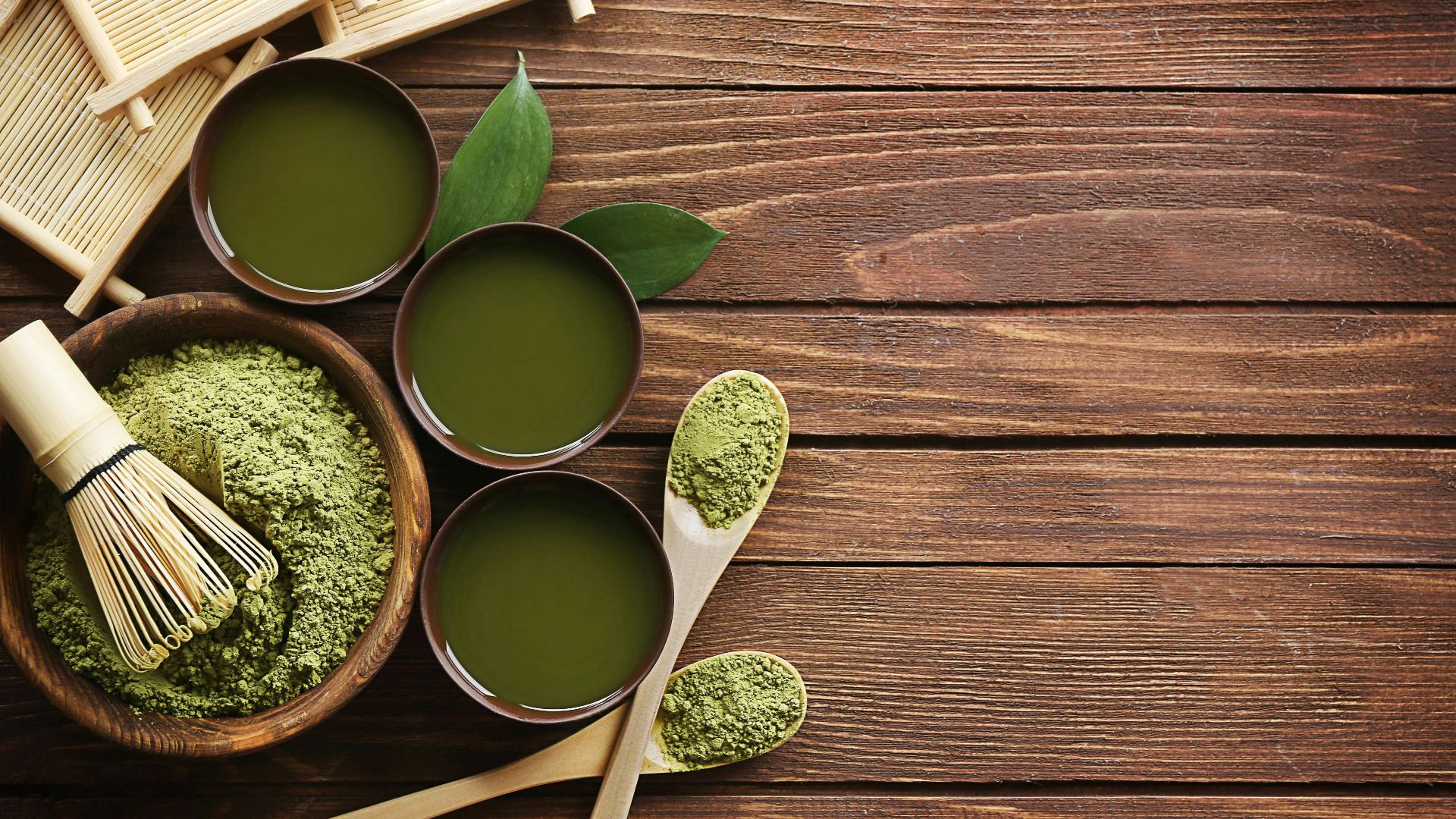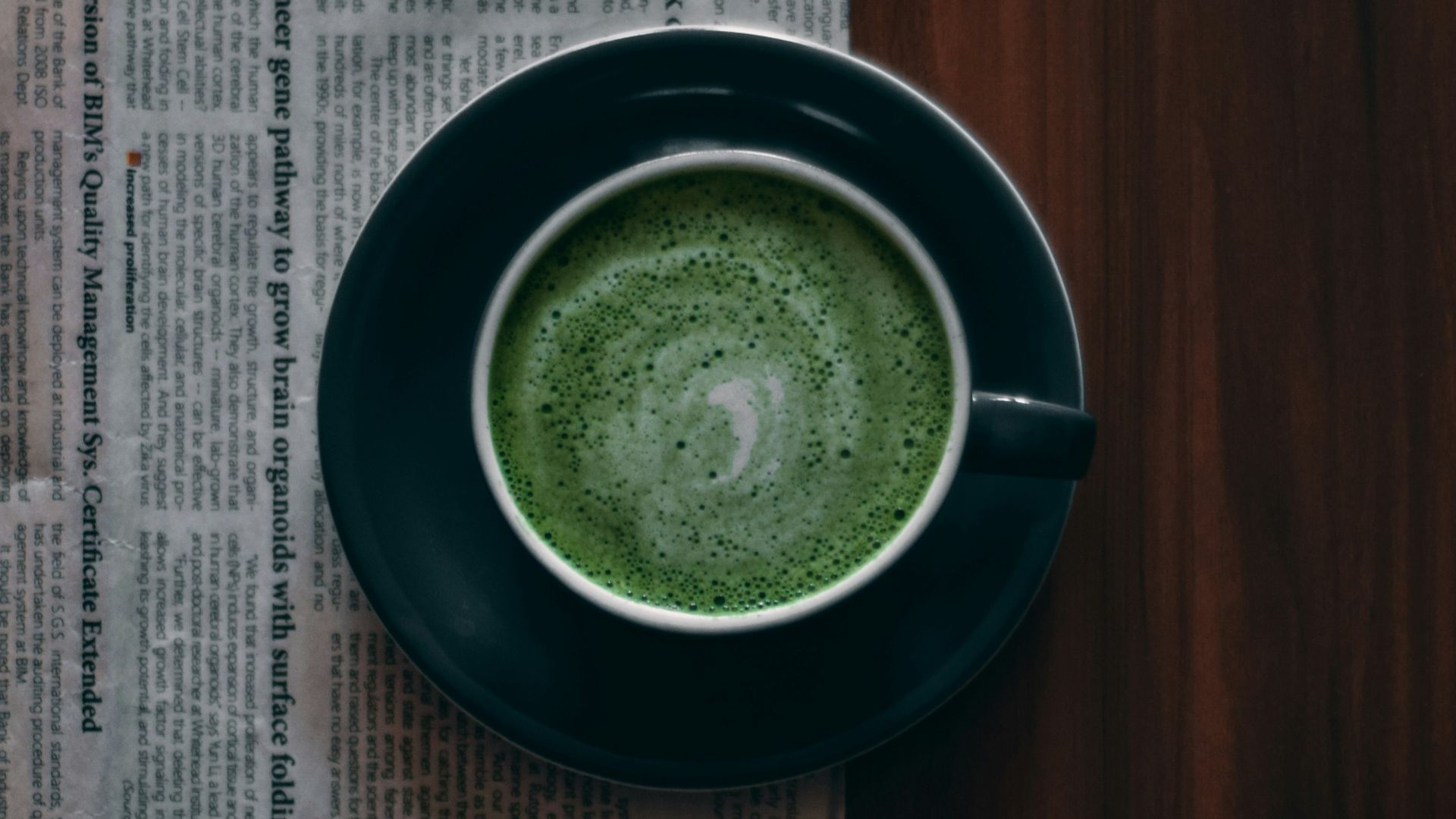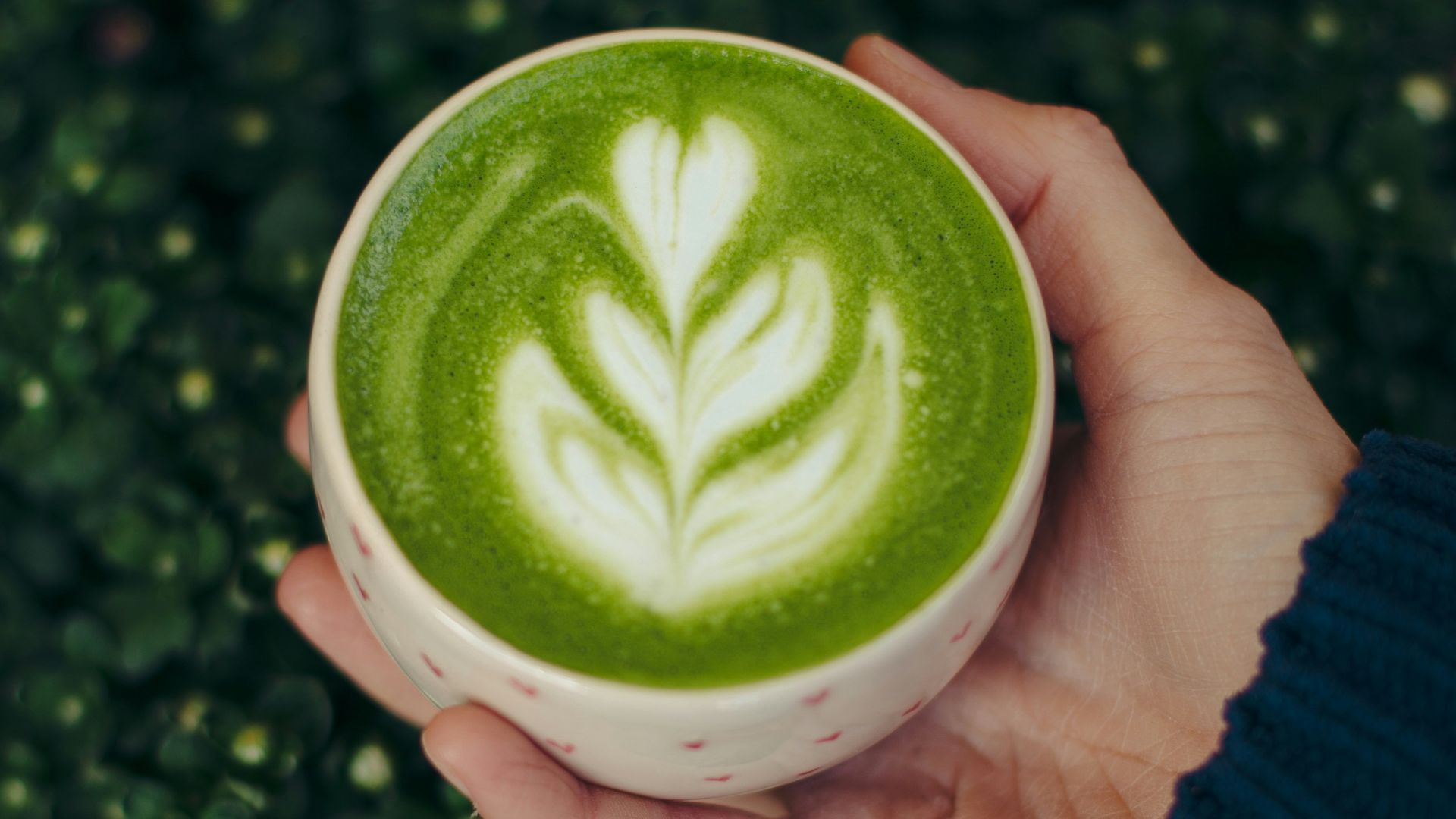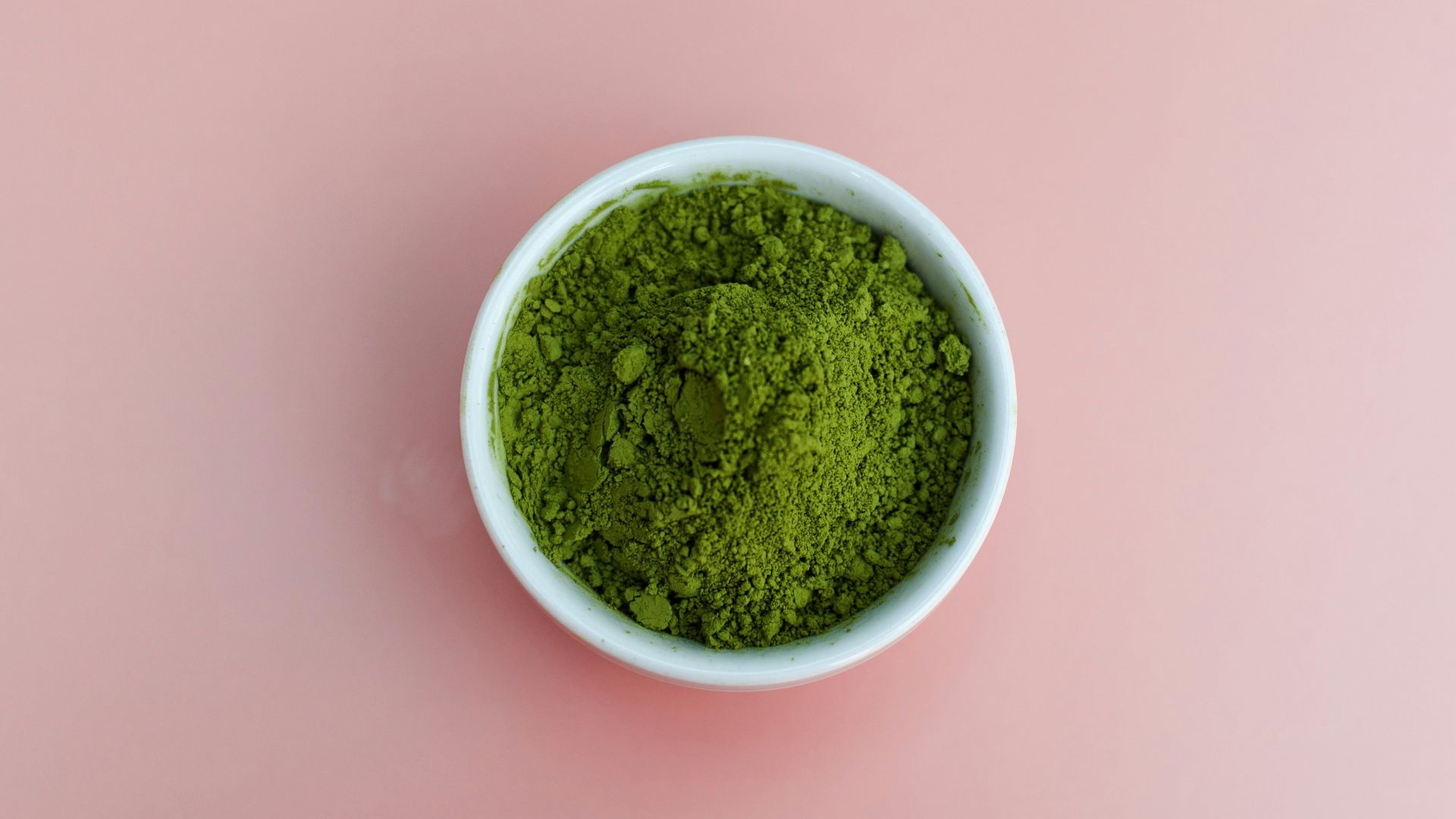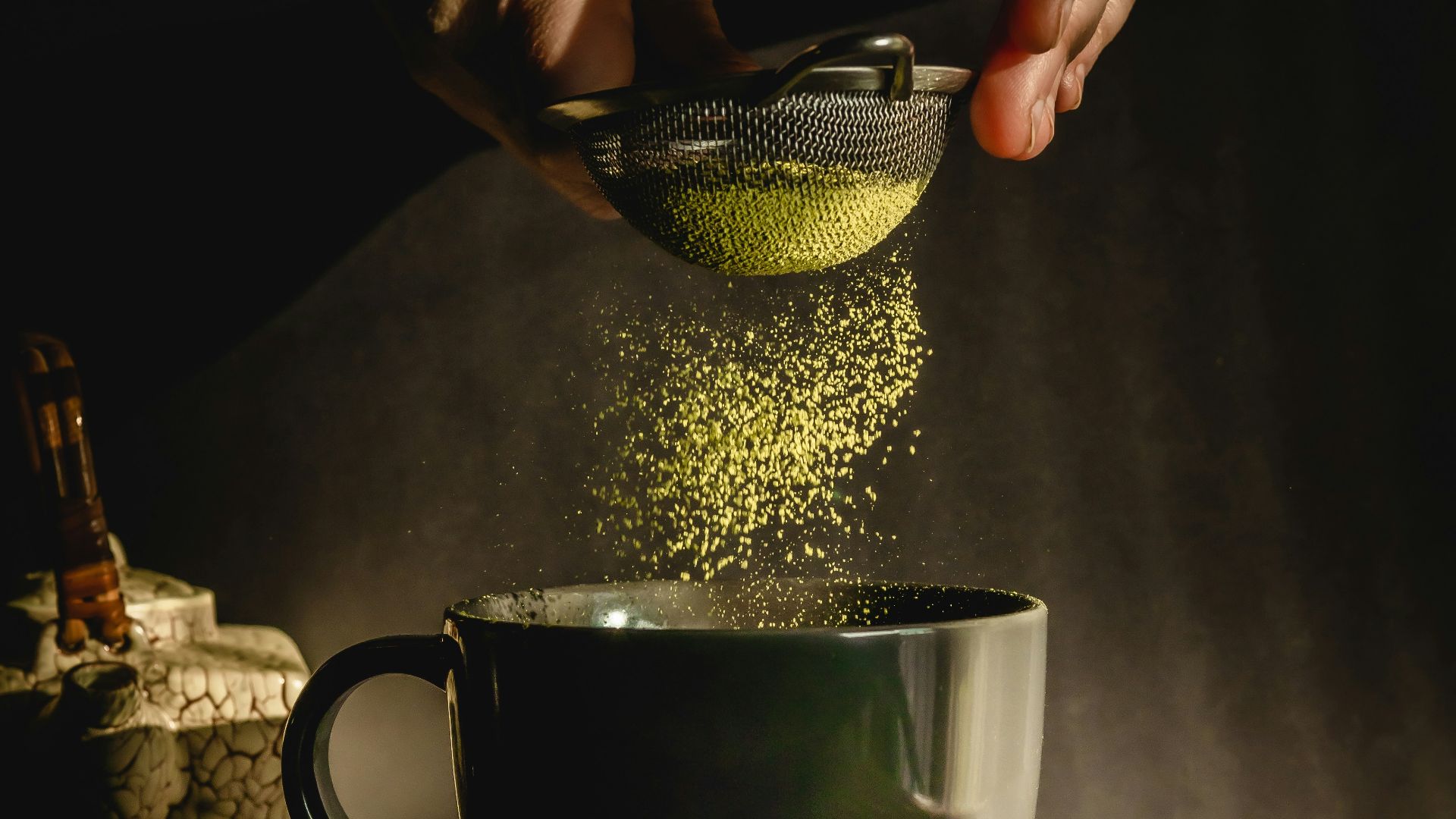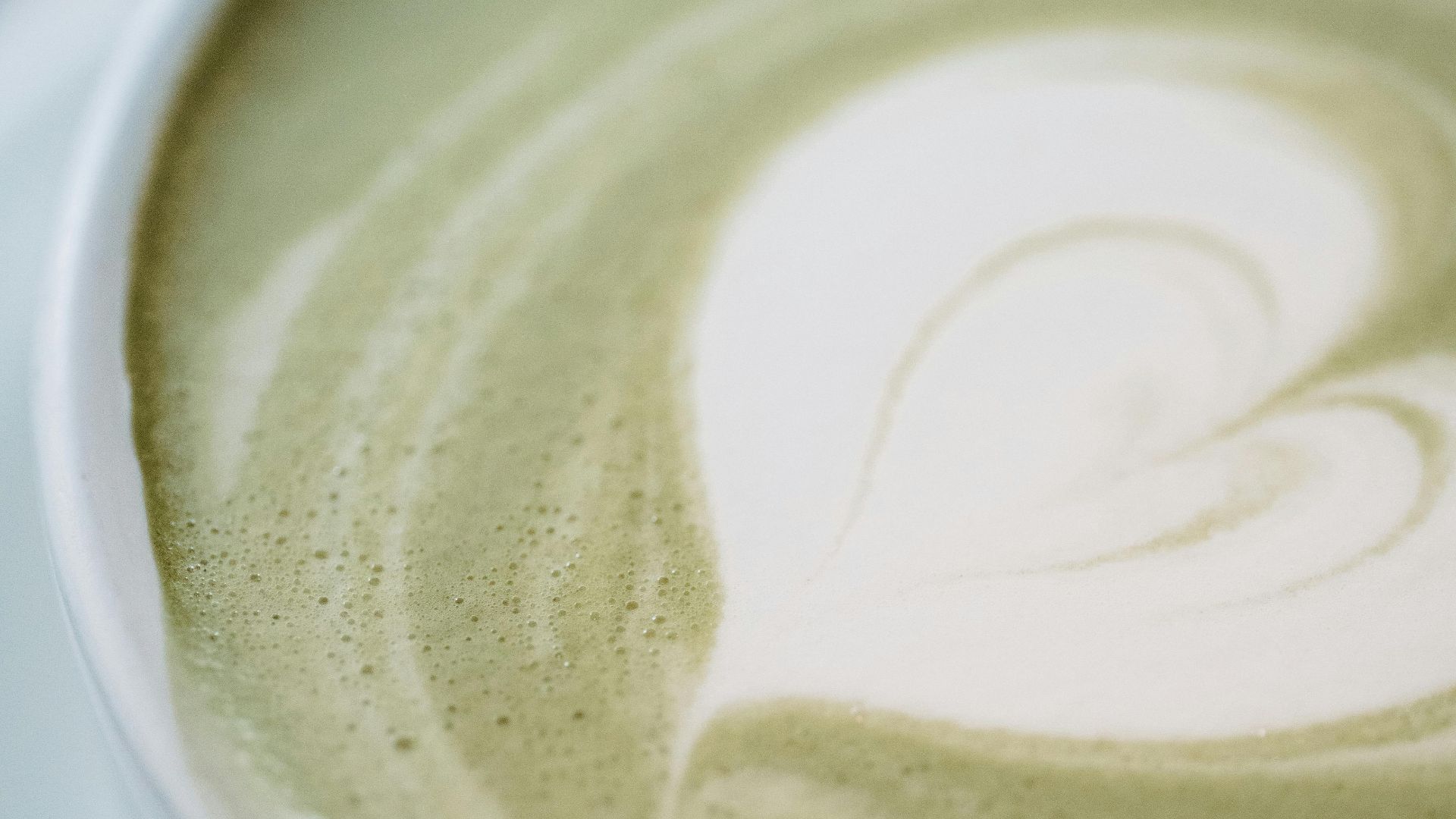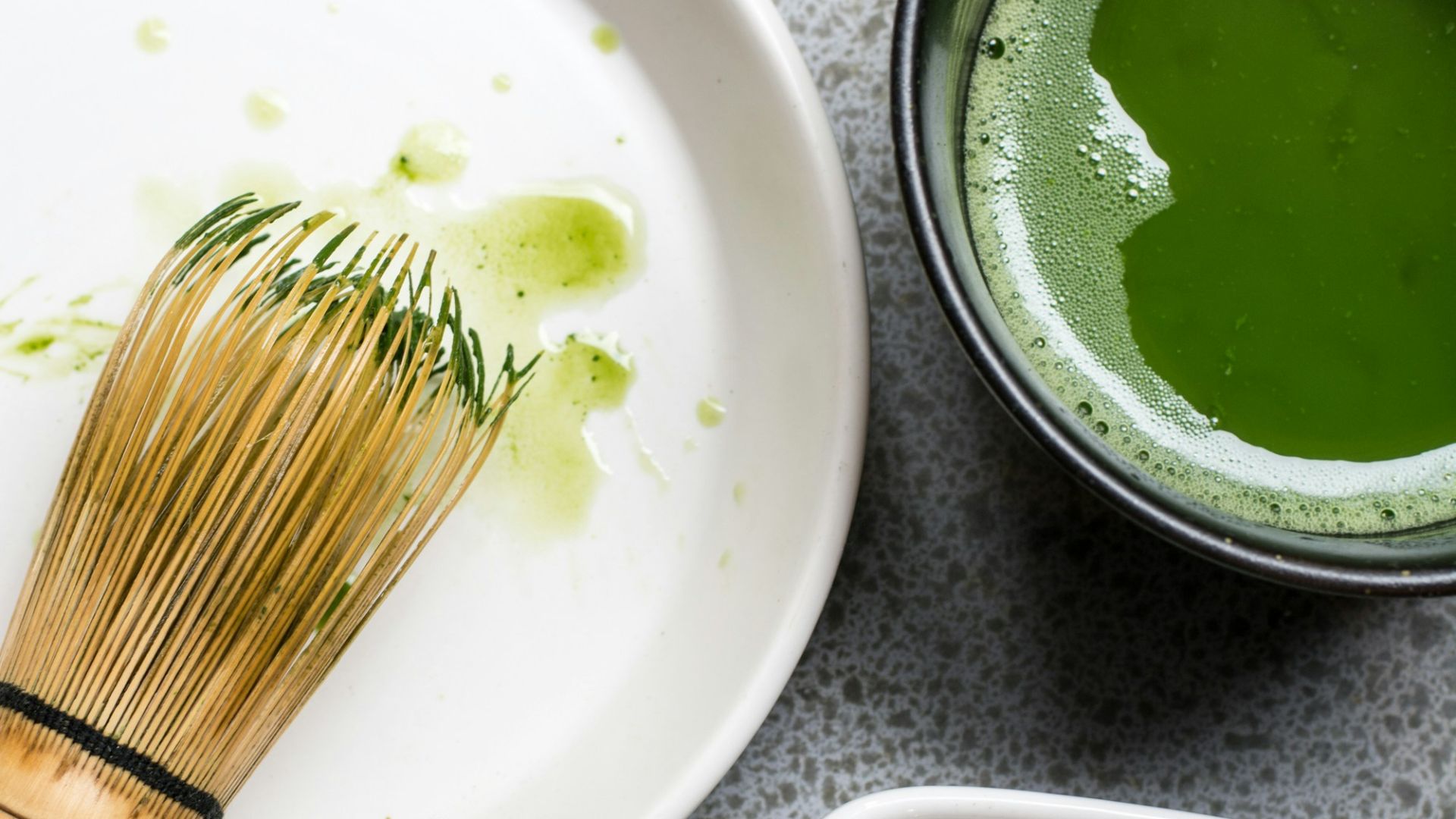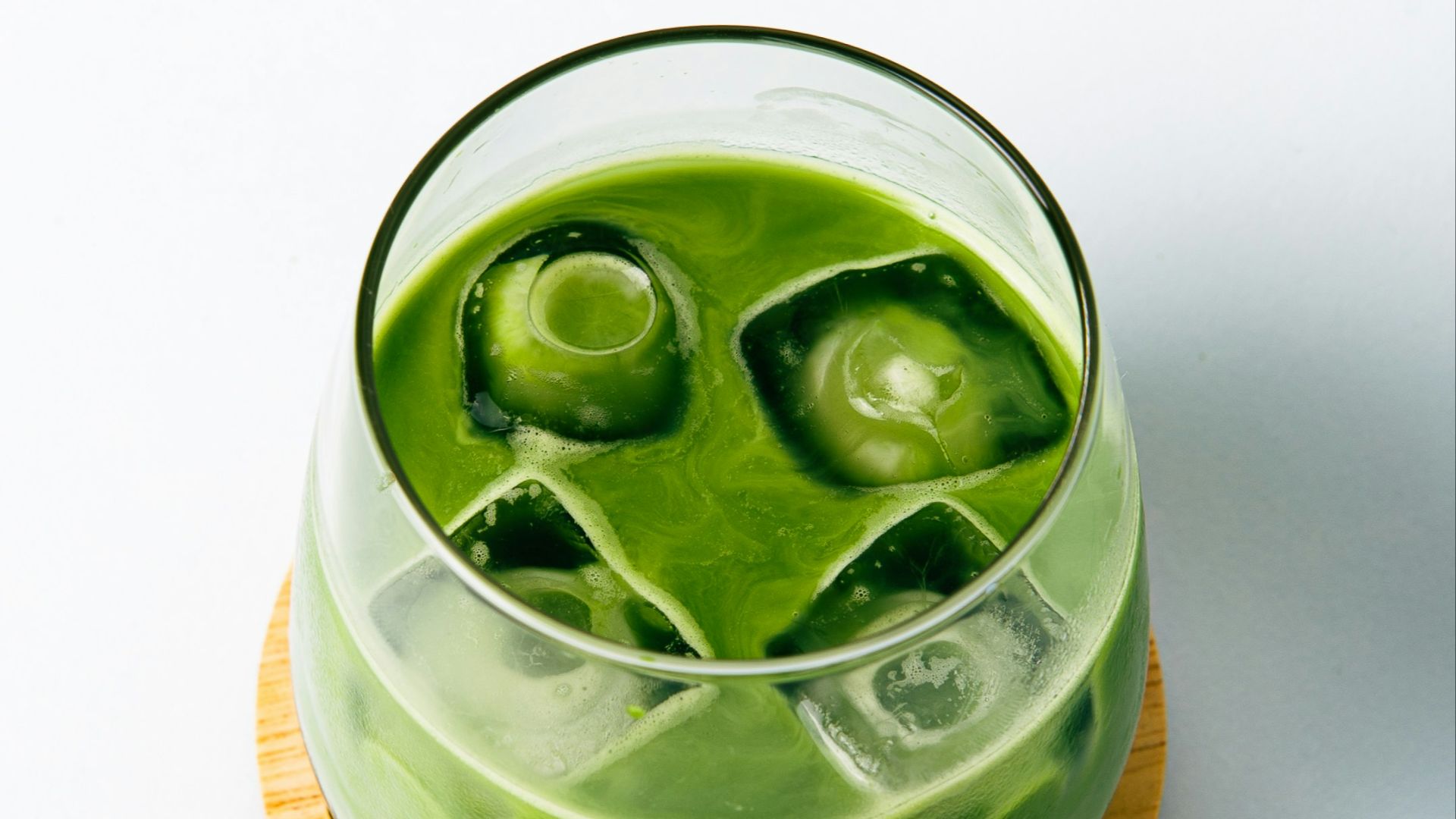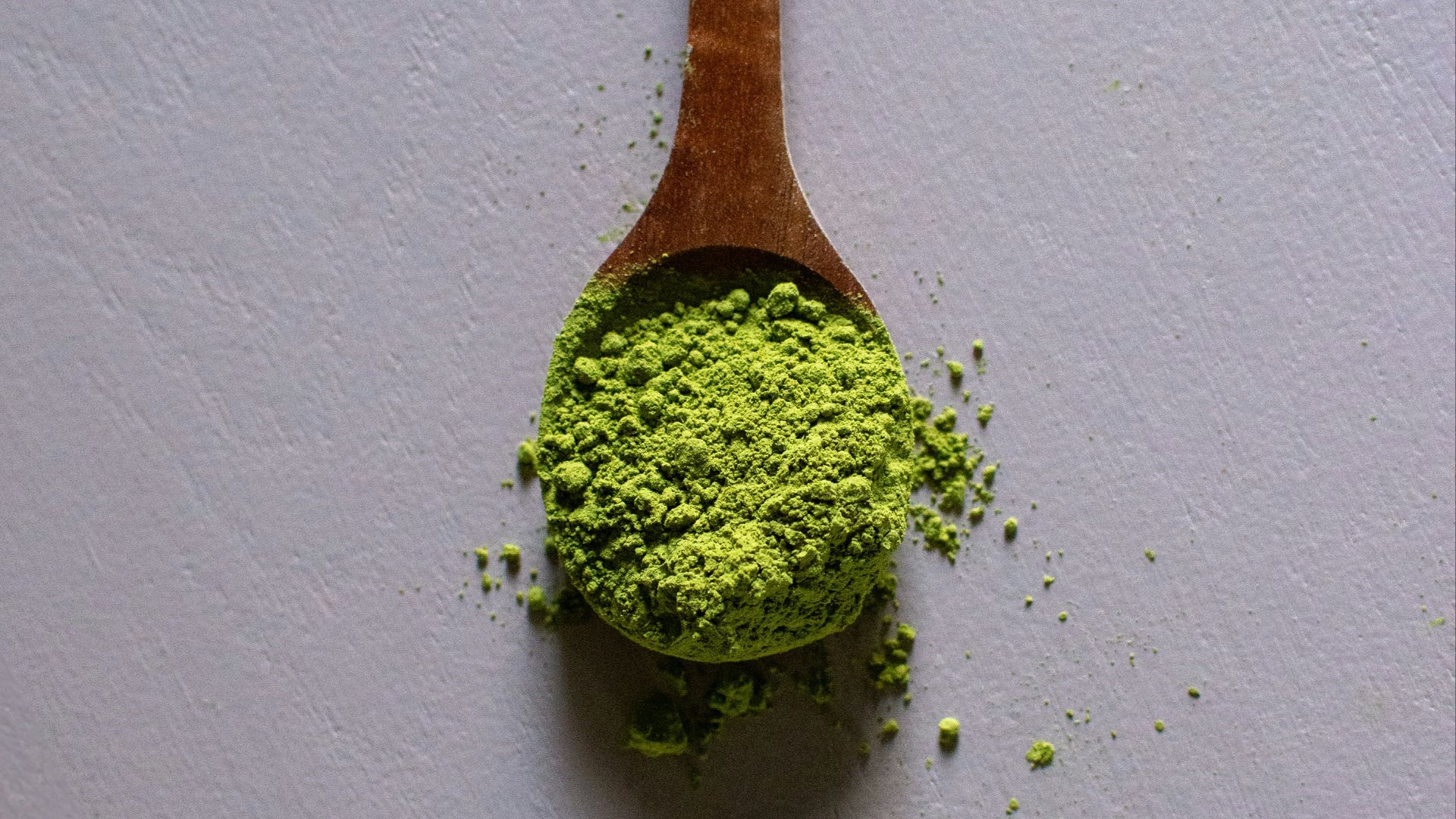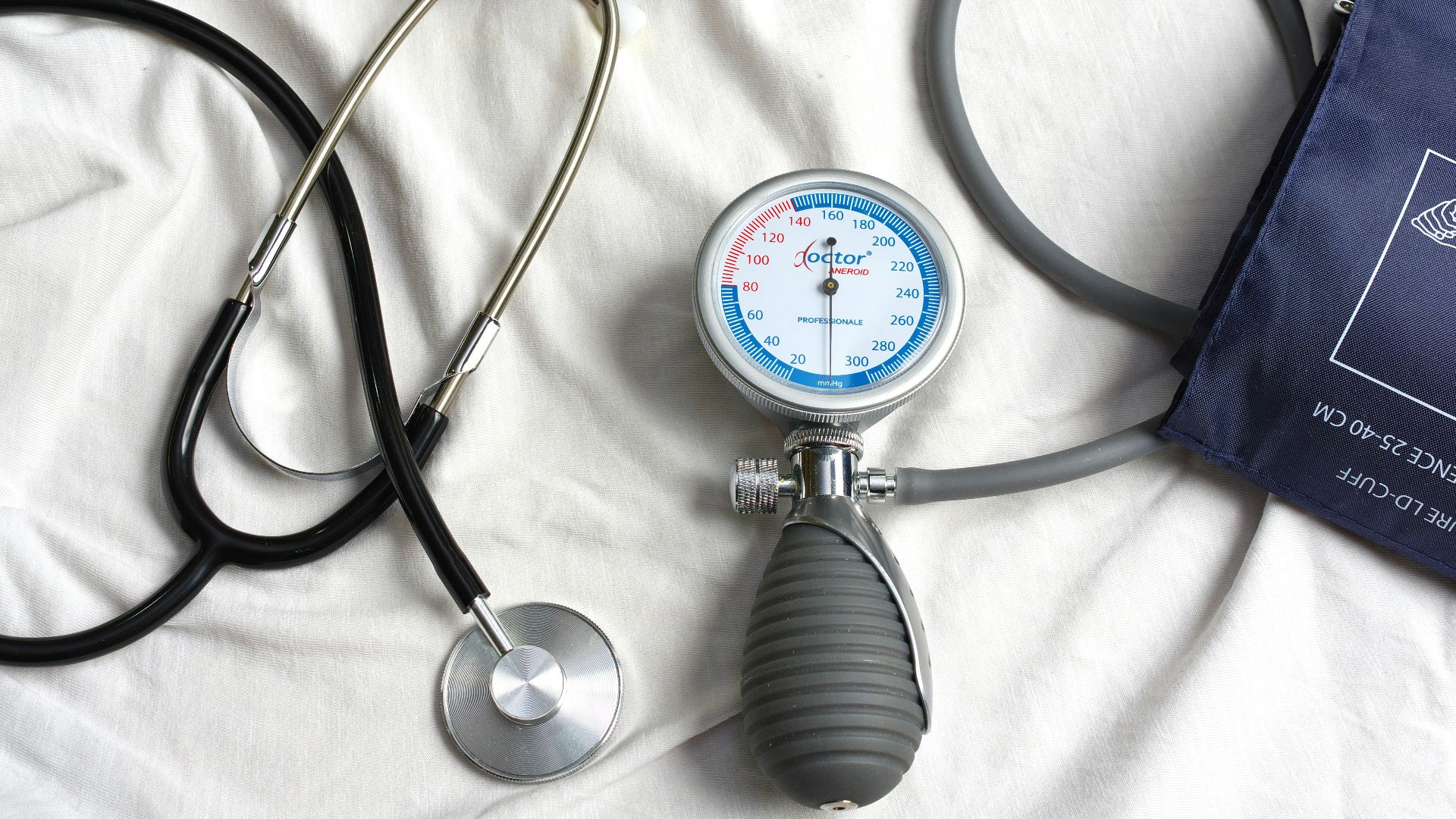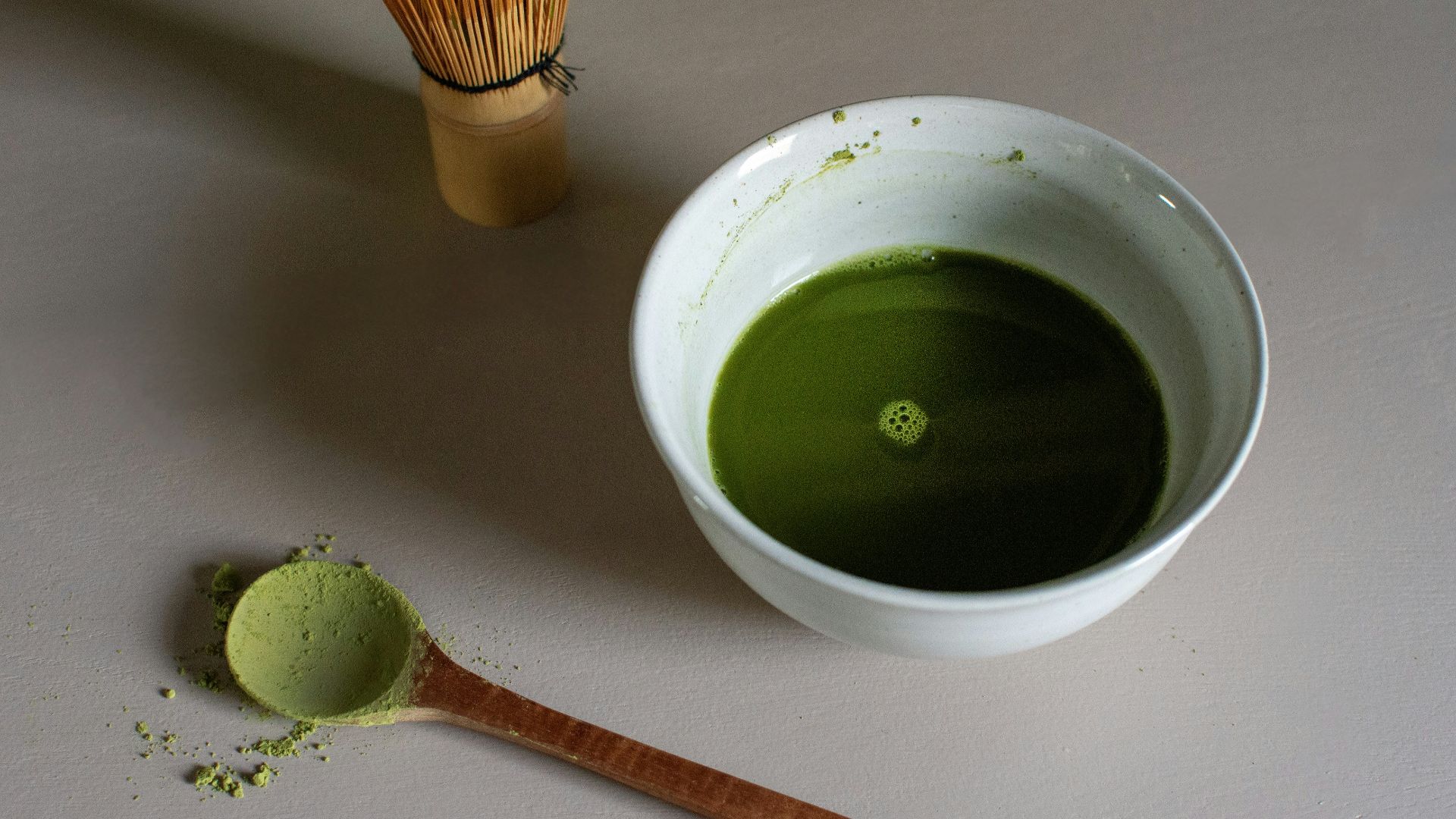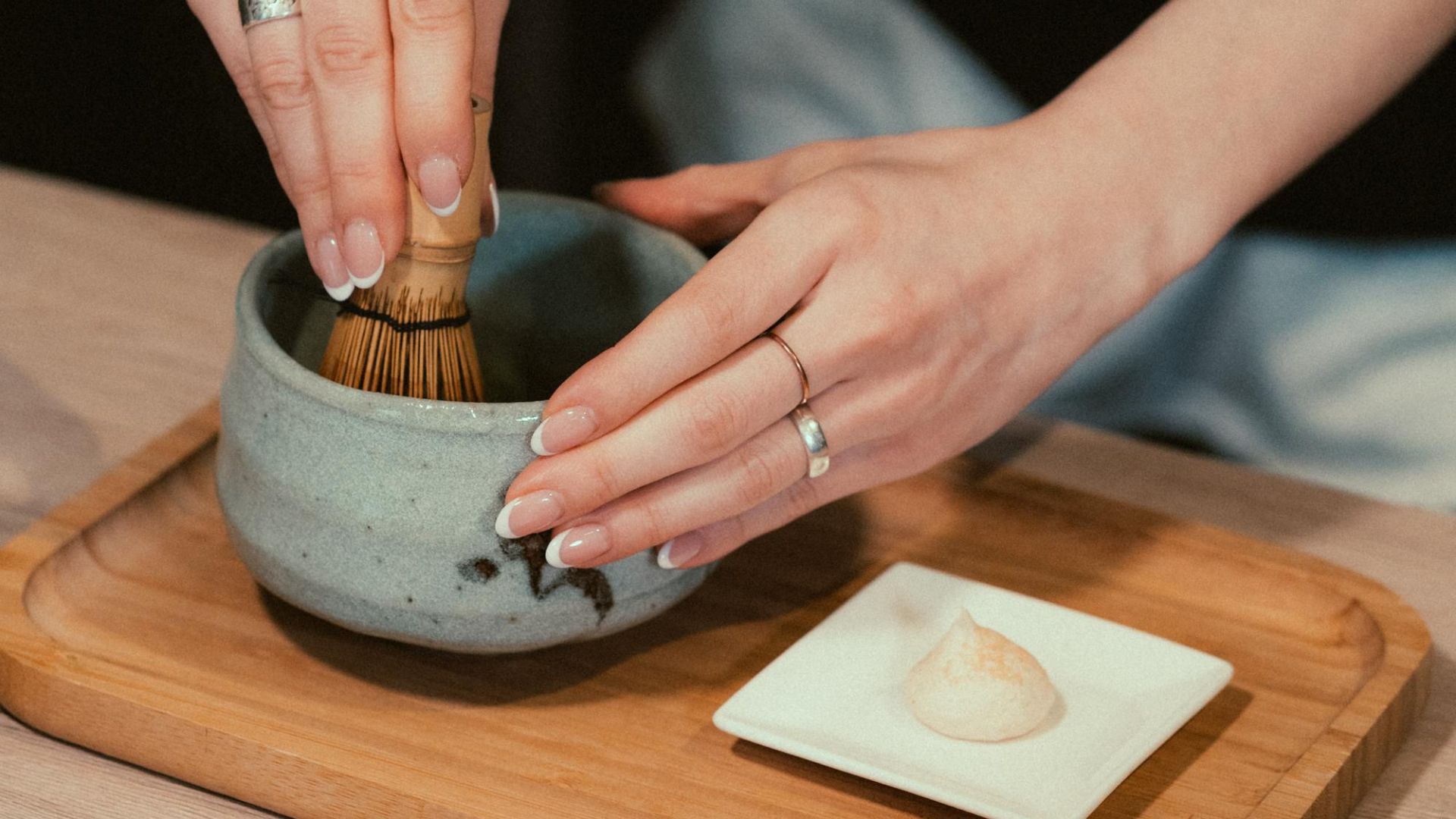Are You A Good Matcha For This Brew?
Matcha may be an acquired taste, but there’s no denying all the health benefits in your mug. From reduced stress to a lower risk of cancer, this powder packs a serious punch—but not always in a good way. Join us as we walk through the benefits, the pitfalls, and whether matcha is a good fit for you.
1. It’s Loaded With Antioxidants
Antioxidants do a lot for us: they support liver function, boost immunity, and keep our eyes nice and healthy; some studies suggest that certain antioxidants can even help with weight management. They’re a crucial part of overall health, and matcha tea is chock-full of them!
2. Stress Melts Away
Turns out, the grass is greener on the other side (or in the other mug)! If life seems a tad chaotic lately, invest in a refreshing mug of matcha—its amino acids have been known to reduce stress and improve mood. Matcha can also boost your focus and help promote a sense of calm.
3. You’ll Feel More Energized
Who’d dare turn their back on more energy? With proper consumption, matcha kicks your day into high gear thanks to its caffeine content. Unlike other common teas, such as black or green, matcha can bring up to 80mg of caffeine per serving.
4. It’s Good For Your Brain
Don’t let brain fog get you down. Matcha’s a proven aid in memory, brain function, and higher attention spans, all thanks to its superhero compound L-theanine. With it, drinkers can experience the benefits of caffeine without the dreaded crash hours later.
5. It’s Good For Your Heart, Too
We already know how good green tea is for the heart, but matcha might just match the benefits. Due to their similarities, some research suggests that matcha can also help prevent heart disease. Just remember: it’s always best to speak with your doctor about how much to consume.
6. You Might Experience Better Skin
Matcha isn’t just high in antioxidants—it’s high in anti-inflammatory properties, too! That dynamic duo can help maintain a healthy glow, reducing acne breakouts and fighting signs of aging. While it’s no replacement for your everyday skincare routine, it remains a reliable partner.
7. Matcha Helps With Weight Management
We’d all love to shed a few inches off our waistline, but it’s hard to know which products help and which ones hinder. Luckily, studies show that green tea goes hand-in-hand with proper exercise and a calorie deficit. Given that matcha and green tea derive from the same plant, similar compounds can boost metabolism and maintain a healthy weight.
8. Lower Cancer Risks
Research shows that matcha consumption can lower the risk of certain cancers. Its anticarcinogenic effects and anti-inflammatory properties were shown to potentially reduce the chance of developing colorectal cancer in particular.
9. It Boosts Immune Function
No one wants to catch a nasty cold, and with proper matcha consumption, you could just kiss those days goodbye. With so many antioxidants, and a healthy dose of vitamin C, this powerful powder can keep germs at bay.
10. It’s Easy to Make
Matcha looks a little strange on the surface, and it’s easy to assume there’s a whole song and dance to make it—but it’s actually quite easy! You don’t need more than the usual suspects, like hot water and a good mug, but you will need a few extra tools, like a whisk and a strainer.
For all its benefits, matcha comes with its fair share of pitfalls, too. Before you gulp down a daily glass, let’s dive into a few negatives to be aware of.
1. Digestive Issues
As with any highly caffeinated beverage, matcha can cause digestive issues. Common symptoms include stomach upset, diarrhea, and even cramping; it’s important you don’t overdo it and consult with your physician before indulging every day.
2. Increased Anxiety
You wouldn’t want to drink too much coffee in a day, and it’s the same with matcha. All that caffeine can wreak havoc on an already anxious mind, causing jitters or exacerbated symptoms. While matcha works well with some people, those sensitive to caffeine might want to reconsider.
3. Allergic Reactions
Matcha is pretty safe for the system, but there’s always a risk of allergies. It might seem strange to consult with a physician before indulging in tea, but it’s better to be safe than sorry, especially with serious reactions.
4. Liver Complications
Matcha may be filled with useful compounds, but those very ones can cause complications in some people. While not a common side effect, matcha’s compounds may aggravate the organs, leading to a potential in liver or kidney damage.
5. High Blood Pressure
The good news is that matcha can ward off heart disease and keep your ticker healthy. The bad news is its caffeine content, which has the potential to increase blood pressure in some people. If you struggle with any abnormalities, it’s always worth speaking to your doctor!
6. Potential Nausea
Matcha isn’t for everyone, and more sensitive individuals might experience stomach upset. Just like with coffee, too much caffeine can rattle our insides and cause anything from diarrhea to heartburn. Additionally, matcha has something called tannins, a compound that can cause nausea, especially when consumed on an empty stomach.
7. Interference With Medication
Blood pressure medication, antibiotics, and even certain stimulants like Ritalin don’t mix with matcha. Given that matcha is also a stimulant and contains certain impeding compounds like tannins, some individuals may experience heightened side effects by mixing both. If you’re currently on medication, it’s vital to speak with your doctor before whisking that brew.
8. Exposure to Contaminants
Research shows that green tea is often more exposed to inorganic arsenic than black tea, and matcha is no different. Regular consumption may come with a greater chance of exposure to pesticides and chemicals, so make sure you indulge safely.
9. Headaches
That second cup of coffee can put your head through the ringer, and matcha has the same effect. Chances are, if you consume too much, you’ll likely experience a pounding headache, so it’s important to take the appropriate amount.
10. Trouble Sleeping
Who knew that something so healthy could impede our precious bedtime? Sadly, all that caffeine can make it harder to hit the hay! So long as you don’t overindulge in matcha, you should be able to count sheep in peace.
KEEP ON READING



